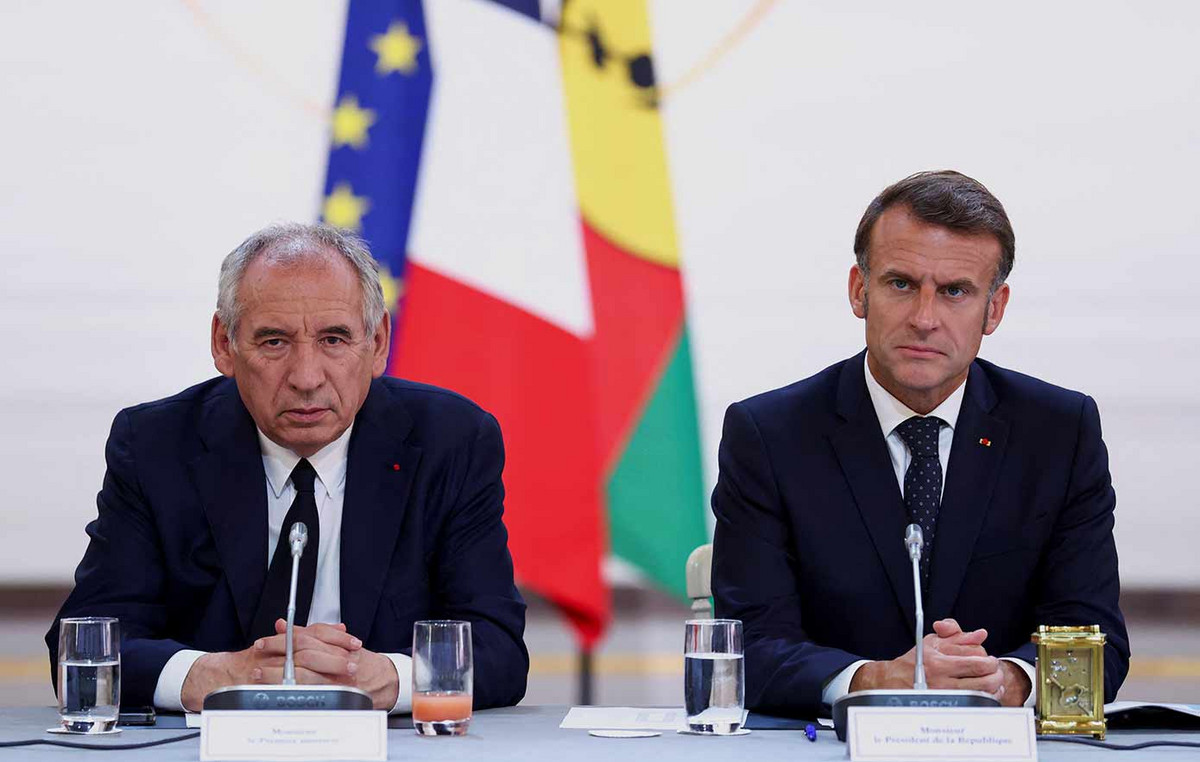This article is published in number 46 of Vanity Fair on newsstands until November 16, 2022
8 percent of the human genome comes from the DNA of viruses that have entered our evolutionary line over millions of years. Without it, we wouldn’t exist. For example: we have two traits of viral DNA thanks to which we are able to carry out pregnancies. But a virus can also kill 7 million people. And it is a challenge to the imagination to think of the zero point, of the single instant (perhaps in a Chinese market, perhaps not) in which the virus has passed from an animal (perhaps a pangolin, perhaps a bat) to a human being and then changes everything. Yet we knew. In Breathless (Adelphi, 2022), the American writer David Quammen puts all the warnings in line, starting with Sars and Mers, coronavirus epidemics that have emerged in the last twenty years. So the most humanly indicative aspect of the whole thing for me is the one that emerges in every great historical mutation: our unshakeable indifference. The ability not to be touched by major events as they appear. In Spillover (Adelphi, 2012) Quammen had given voice to the scientific community that predicted everything. It is the same with the climate today. The root here seems to me to be what binds viruses to our memory. If perhaps there is still room to act on the causes of the spread of the former, it seems more difficult to deal with the latter.
The memory of the warnings and our willingness (or unwillingness) to act accordingly – these are important issues, yes. But until we solve the mystery of the origins of this virus, we won’t be able to see the warnings for the future involved in this horrifying present event. Having said that, I will repeat the words that dr. Ali Khan, respected epidemiologist: it was a failure of the imagination. Too many political leaders (especially those in the United States and Brazil, but also elsewhere) have failed to imagine that the costs of unprepared for a pandemic would have exceeded the costs of preparation a thousandfold.
Just as Darwin realized that species evolve, so the study of the movements of viruses shows that we are “secretly inhabited by small living beings, the black angels of evolution”, that we are part of a sprawling family of species, plants, animals that has common ancestors.
The phenomenon of zoonotic diseases is a disturbing reminder of one of Darwin’s darkest truths, perhaps the most disturbing he has expressed in his great books, The origin of the species And The origin of man: we humans are animals, produced by a long evolutionary lineage of other animals. We can share their illnesses because we are related ”.
However, evolution does not mean wisdom. Ours seems more like the story of a great blindness.
Evolution grants ‘genetic enhancement’ only in a very limited sense: it strengthens creatures for survival and reproduction in the environmental and ecological circumstances they occupy at any given time. It does not produce strength or improvement, let alone perfection. And the only kind of “wisdom” it produces is that of survival and reproduction. It is immediate, short-term intelligence. True wisdom, on the other hand, involves the ability to foresee new circumstances as the world changes and to make judgments for the benefit of others: other individuals, other creatures, other aspects of the world, such as beauty, diversity and stability. Evolution has nothing to do with all this. “
“We have acquired a technological power that allows us to treat the rest as a mere resource for our consumption and pleasures”
Viruses are “genetic parasites that use the resources of other living beings to replicate their own genome.” What emerges from his book is that viruses are totally “different” species.
“Viruses are truly dissimilar creatures, almost beyond our imagination. The hardest thing is to imagine how they were born, to begin with. There are several theories about this, which I explore in the book, but the final resolution of the uncertainty about viral origins has not yet been reached. ”
The pandemic has shown many things, including the self-denial of health workers, inequalities (more square meters and open space means less likelihood of psychological collapse from lockdown), the need to believe sensational and false news, an inclination later used by some media but above all by some politicians to capitalize on consensus.
“The cynicism and lack of imagination of some politicians – notably, but not limited to, the actions of the narcissistic buffoon who was president of the United States, Donald Trump – have been scandalous but not surprising. A second dimension of tragic dysfunction has emerged in people in the form of a desire to embrace dark stories, denial of science, conspiracies about the virus, its origins, vaccines. Many confuse a few hours of internet research with scientific research. This sort of epistemological drunkenness is the same as plots about the John F. Kennedy assassination, or other feverish ideas. It is a problem for democracy and science today perhaps more serious than ever. We will not solve the pandemic threat or climate change until we understand why many prefer illusory and dramatic narratives to the dry reality. And I don’t know how it will be resolved ».
Science is not omniscience, yet the disappearance of biodiversity, new pathogens and climate change seem linked to spillover. We consume, destroy and pollute, and thus we more easily become the species that will host new viruses.
“The current pandemic, and the prospect of worse ones to come, is related to our great ‘success’ in Darwinian terms. We have multiplied to 8 billion, and we are increasing; we have acquired a technological power that allows us to treat the rest as a mere resource for our consumption and pleasures. Thus we have made ourselves the most promising target for viruses. Any virus that can do it spillover, for the same reason it will achieve great success: it will multiply enormously, it will spread over space and time. It is one of the costs of our success ».
The book. Breathless, by David Quammen (Adelphi, p. 526, euro 26, translation by Milena Zemira Ciccimarra). The author will be on 18/11 at the Milan Triennale for BookCity.
Be honest, will we always wear masks and will we have long periods of closure?
“As we continue to destroy diverse ecosystems, we offer viruses of other species the opportunity to infect us. But it is possible to detect these relapses early, through surveillance, and take measures to contain them. We have the knowledge, the tools and the resources. But we don’t. Unless that changes, yes, we are bound to suffer more pandemics, and worse than this one. And in the meantime we will continue to live with Sars-CoV-2. The pandemic phase may pass, but we will never get rid of this virus, and it will likely continue to kill. The idea that a virus evolves to be less harmful, just a common cold, is false and does not know how evolution works ».
What can we do to reverse the trend to trigger one spillover?
“First: we can vote for politicians who understand the value of science and support it; second: we can stop having children or consider limiting their number; third: we can reduce the amount of fossil fuels, especially by not traveling by plane or car; fourth: we can adapt our diets, to limit the ecological and carbon release impact, by eating less meat, or by abstaining from that produced by farms on an industrial scale. Of course I speak to myself, as well as to her and to you. Everyone needs to look in the mirror, as well as to watch the news ».
Meetings with the author in Italy
18.11 MILAN
19.11 TURIN
20.11 WEDGE
21.00 BERGAMO
24.11 ROME
To subscribe to Vanity Fair, click here.
Source: Vanity Fair
I’m Susan Karen, a professional writer and editor at World Stock Market. I specialize in Entertainment news, writing stories that keep readers informed on all the latest developments in the industry. With over five years of experience in creating engaging content and copywriting for various media outlets, I have grown to become an invaluable asset to any team.







